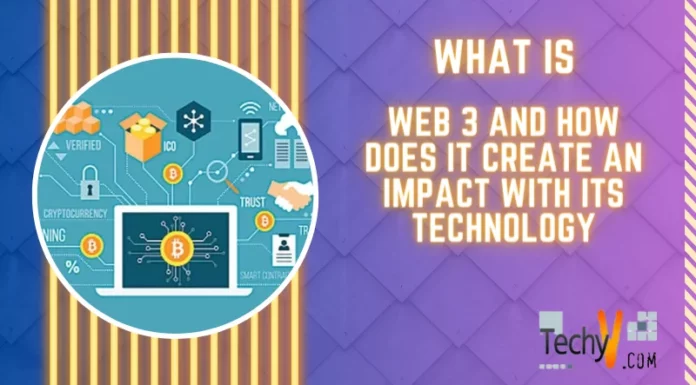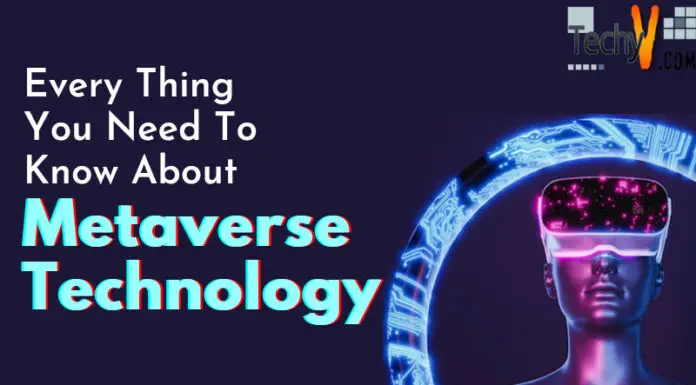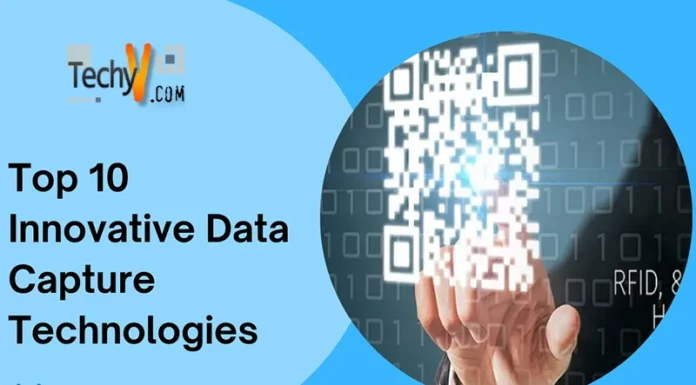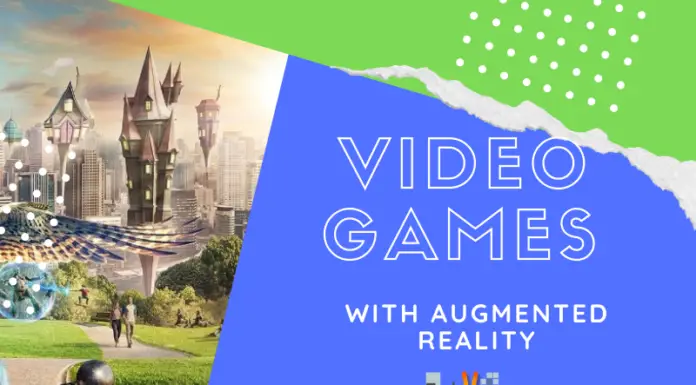Today’s technology is rapidly evolving, allowing for faster change and development and increasing the rate of change. However, many more changes have occurred this year due to the COVID-19 outbreak, which has made IT professionals realize that their jobs will stay constant in the future contactless world.
1. Computing Power
Computing power has already secured its position in the digital era, with nearly every gadget and appliance computerized. And it’s here to stay, according to data science experts, since the computer infrastructure we’re building will only improve in the future.
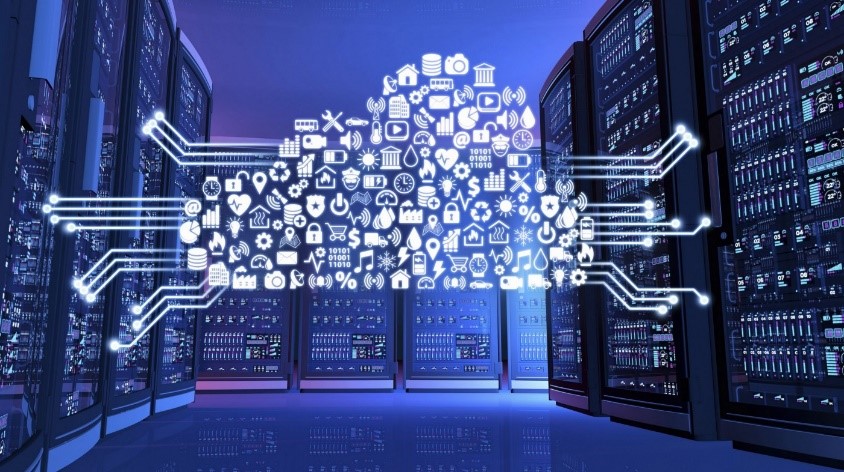
2. Artificial Intelligence And Machine Learning
Artificial intelligence has garnered a lot of attention over the last decade. Still, it remains one of the emerging technological trends since its significant implications on how we live, work, and play are still in their early stages. AI is already well-known for its supremacy in picture and speech recognition, smartphone personal assistants, ride-sharing apps, and various other applications. Machine learning is also being used in many businesses, creating a high need for trained workers.
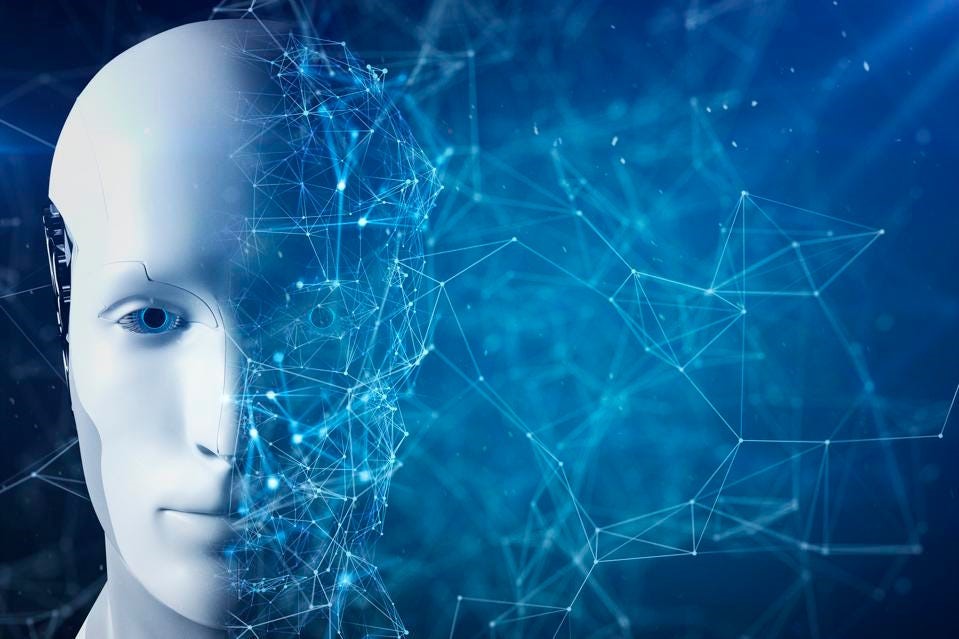
3. Extended Reality
Extended reality includes anything from virtual reality to mixed reality and everything in between, extended reality includes all technologies replicating reality. This technology is viral among gamers, medical professionals, retail professionals, and others since it creates realism without any physical presence. It is an essential technological trend since we all want to break free from the world’s so-called boundaries.
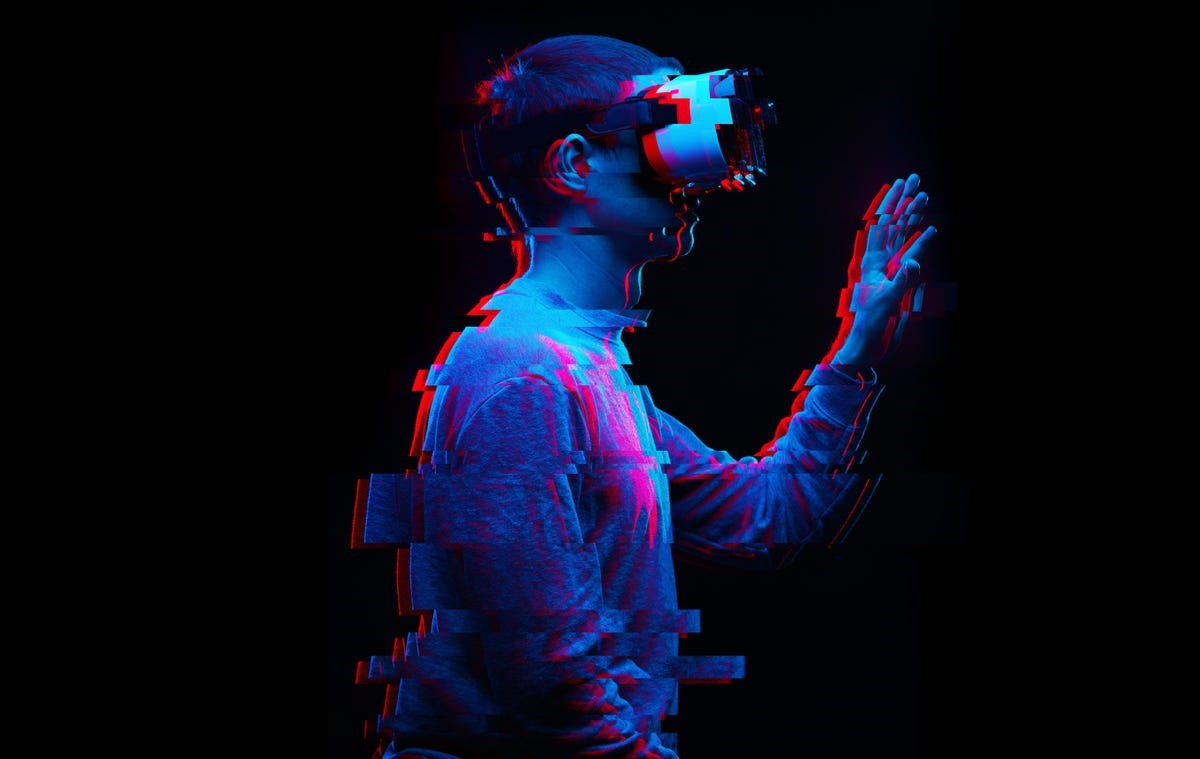
4. 3D Printing
3D printing, used to manufacture prototypes, is a significant innovation and technological trend. This approach has had a substantial impact on the biomedical and industrial sectors. We never imagined physically printing a product from a printer, but today it is a reality. As a result, 3D printing is another breakthrough that is here to stay. Various occupations pay highly and are worldwide for organizations in the data and healthcare sectors that demand a lot of 3D printing for their goods.
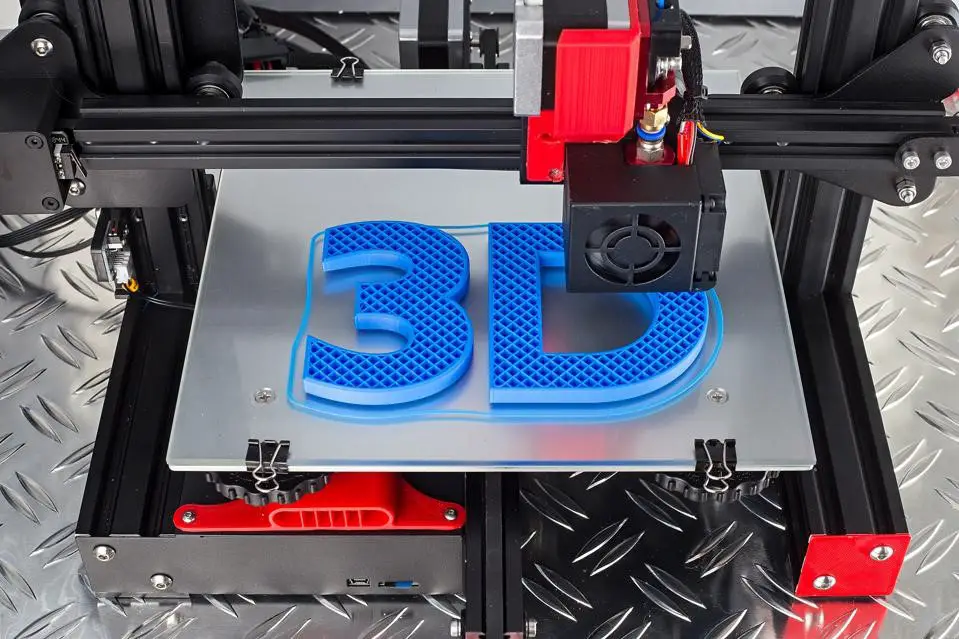
5. Genomics
Imagine a technology that can analyze your DNA and utilize it to better your health, assisting you in fighting illnesses. Genomics is the technique that examines the composition of genes and DNA, their mapping, structure, and so on. Furthermore, this can assist in measuring your genes and discovering illnesses or other potential health issues.
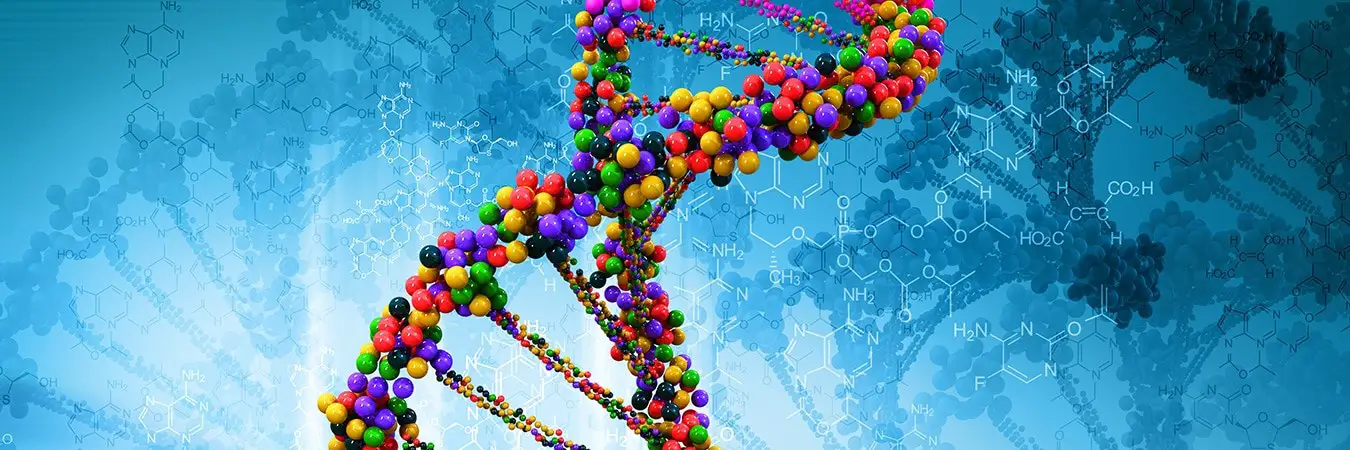
6. Robotic Process Automation
Robotic Process Automation (RPA), like AI and machine learning, is another technology that automates work. RPA uses software to perform business operations such as application interpretation, transaction processing, data handling, and even email response. RPA automates repetitive tasks that people once carried out.
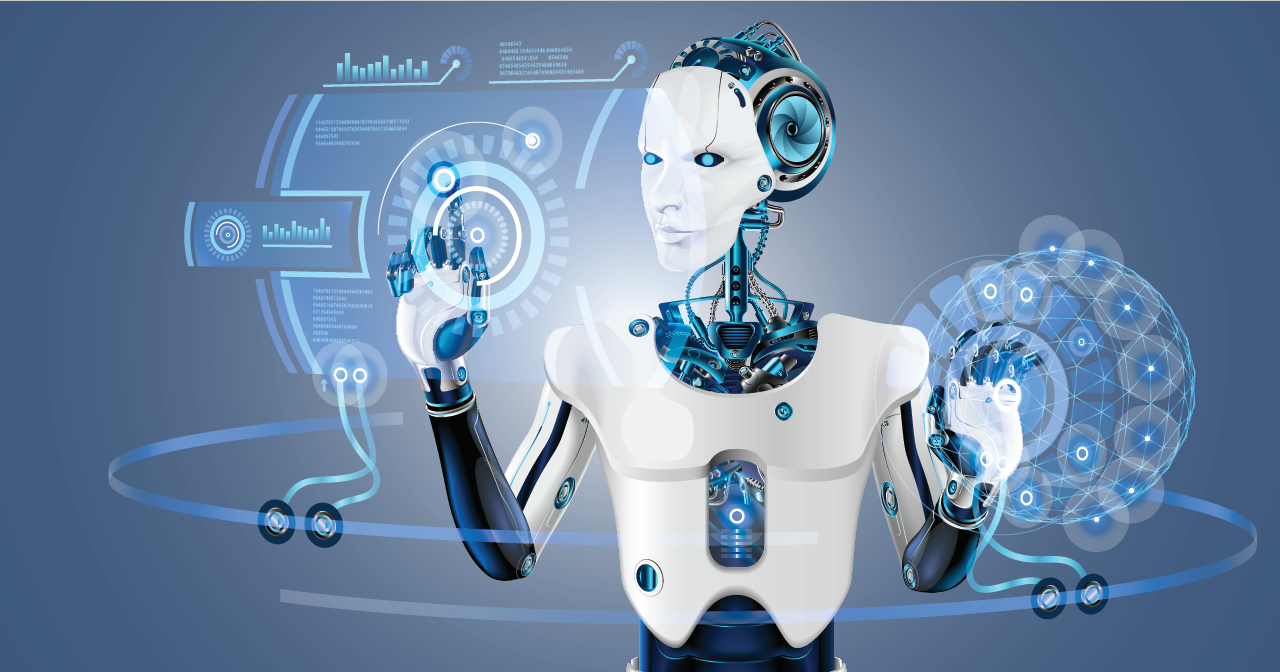
7. Edge Computing
As the amount of information that enterprises must deal with continues to grow, they have recognized the limitations of cloud computing in several instances. Edge computing helps resolve some of these issues by avoiding the delay imposed by cloud computing and delivering data to a data center for processing. As the Internet of Things (IoT) devices expand, edge computing will become more common.
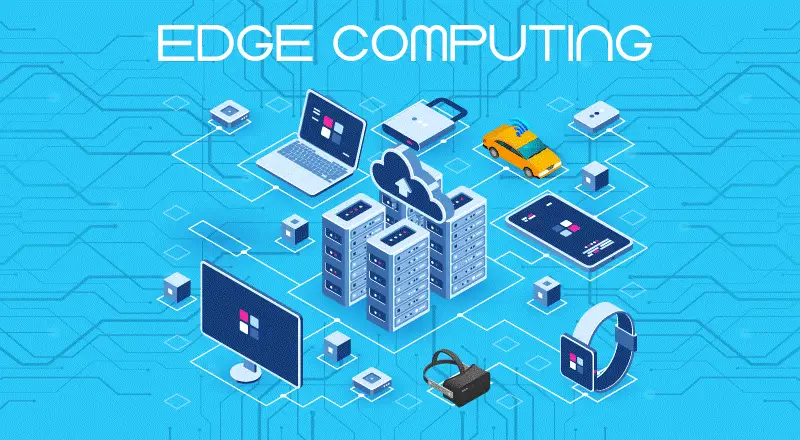
8. Quantum Computing
Quantum computing is a type of computing that utilizes quantum phenomena such as superposition and quantum entanglement. Because of its capacity to easily query, monitor, analyze, and act on data from any source, this fantastic technological trend is also involved in avoiding the spread of the coronavirus and developing viable vaccines. Banking and finance also find uses for quantum computing, such as credit risk management, high-frequency trading, and fraud detection.

9. Blockchain
A blockchain is an ever-growing digital collection of data recordings and is a distributed ledger or database shared by computer network nodes. A blockchain stores information electronically in digital format. A list comprises multiple chunks of data structured chronologically, connected, and secured by cryptographic proofs. Blockchains are well known for their crucial role in cryptocurrency systems such as Bitcoin, where they maintain a secure and decentralized record of transactions.

10. The Internet Of Things
The Internet of Things is the future, making it possible for gadgets, home appliances, vehicles, and other products to connect to the Internet and share data. We are already adopting and benefiting from the IoT as consumers. We can remotely lock our doors as we leave for work and prepare our ovens on our return home from work while also tracking our fitness with Fitbits.
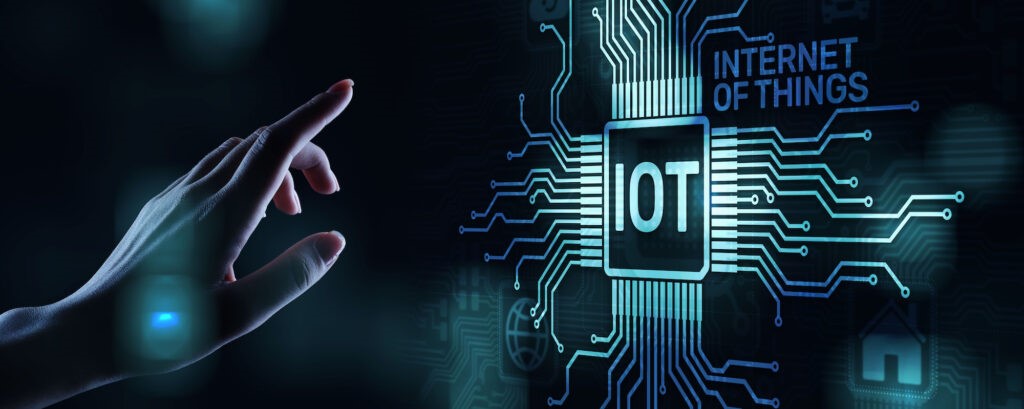
Conclusion
Here are the top ten developing technologies that will impact our lives in the future. I hope you enjoyed reading this article and gained significant knowledge.




